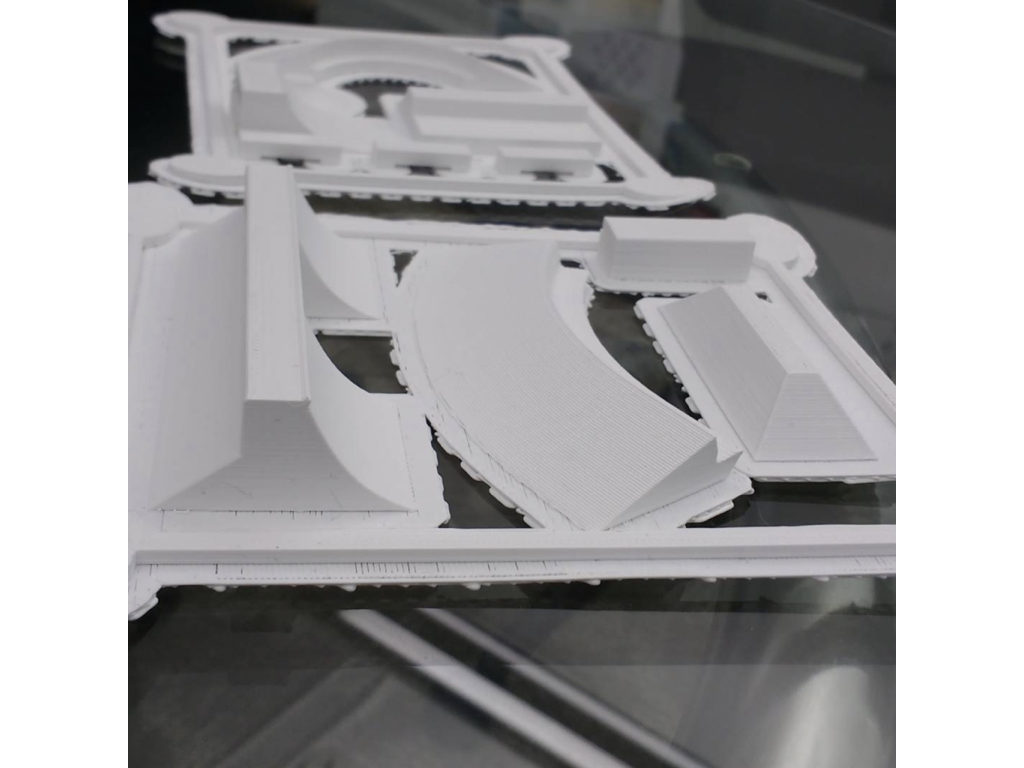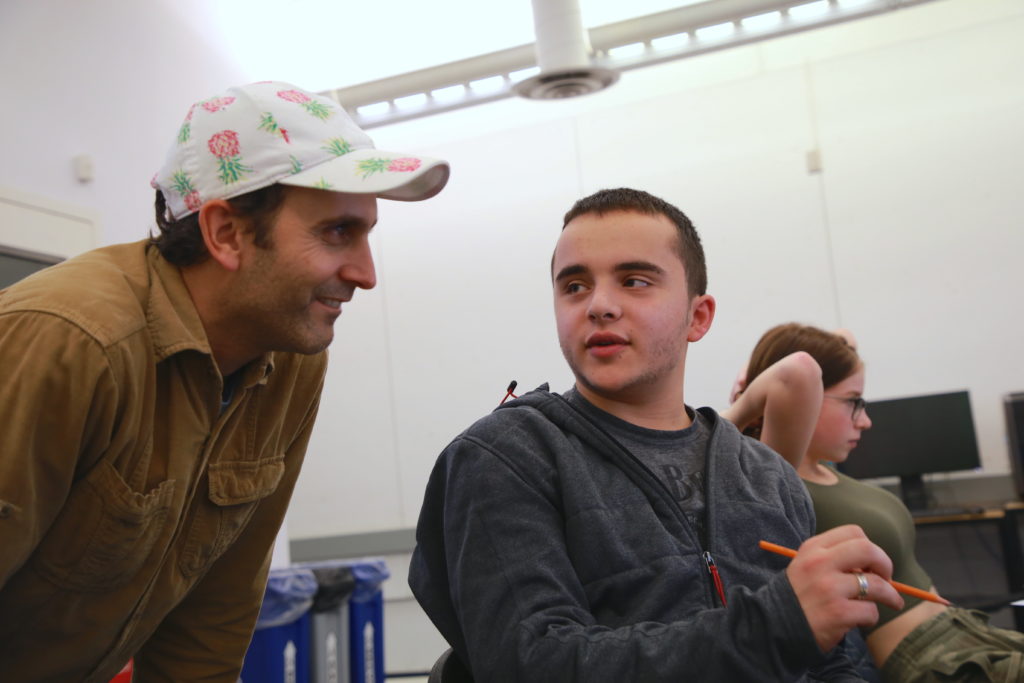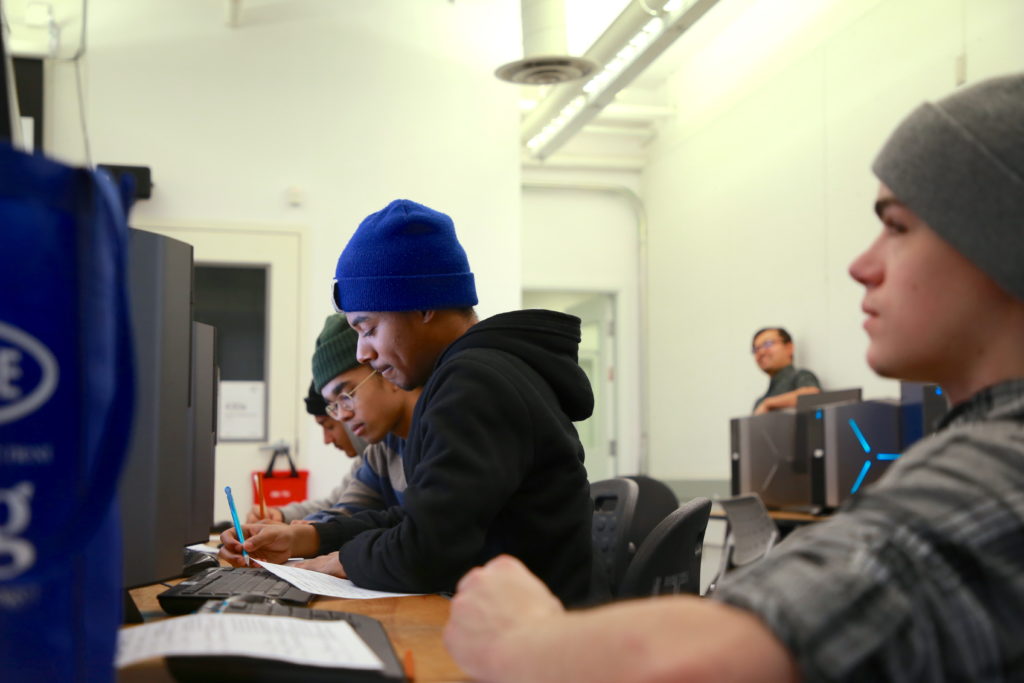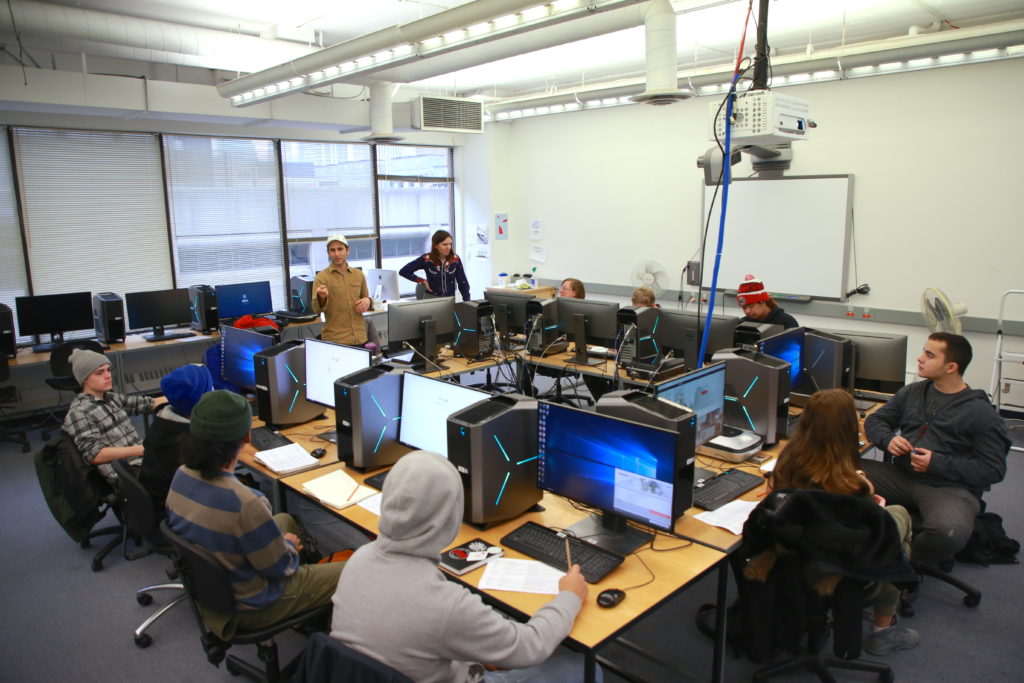
During the 2018-2019, Public Visualization Lab and the Toronto Skate Committee formed a community partnership to explore how visualizations and mapping processes can be used as a social tool to (1) advance the Toronto Skateboard Strategy Plan that was adopted in 2016, and (2) to build a platform that skateboarders can use to articulate their concerns, feedback, and observations for skatepark planning.

The members of the Toronto Skateboard Committee work on a volunteer basis and their mandate includes (a) building awareness and support for skateboarding through education and outreach, (b) facilitate the creation and maintenance of high quality, accessible skateboarding infrastructure and programs in large resident skateboard communities, and (c) ensuring longterm viability of skateboarding facilities and programs by encouraging strong relations with host communities. The primary skateboard strategy action point that we intend to address relates to skatepark planning for future skateparks within Toronto. The challenges that arise in fulfilling recommendation for skatepark development by the Toronto Parks, Forestry, and Recreations division, is the TSC’s research capacity to perform gap analysis, site selection, and user group advocacy. This strategy also includes the integrations of skateable sculptures, skate dots (satellite skateparks), and skate paths within the city of Toronto.

The overall goal of this partnership is to aid the TSC with identifying skateable spaces within the city, by producing a gap analysis on the existing municipal skateparks. This information will be used to identify potential sites for skate dots and sculptures. We also wish to produce visualizations and models that would integrate custom or prefabricated design into unused lots and public spaces. The research and designs produced from this project will be used as support material for the TSC to propose the construction and restoration of skateparks within the city of Toronto. Our collective goal is to use visualization and mapping techniques as an ideation bridge that would connect community members with designers, researchers, and city officials.

The breadth of the partnership includes the TSC’s benefit from the introduction of visualization tools, production of designs, and research assistance related to their current work. At the end of this project, they will be provided with information that they can use to advance the action points that were included in the Toronto Skateboard Strategy plan. It will also engage community members to think critically about the spaces (i.e.: skateparks, street spots, DIY builds, etc.) they use and allow them to participate in the design and planning of future builds. For Public Visualization Lab, it is an opportunity to expand on existing models of participatory action research and co-design processes, as well as further a critical dialog about place-making within the skateboarding community in the city of Toronto.